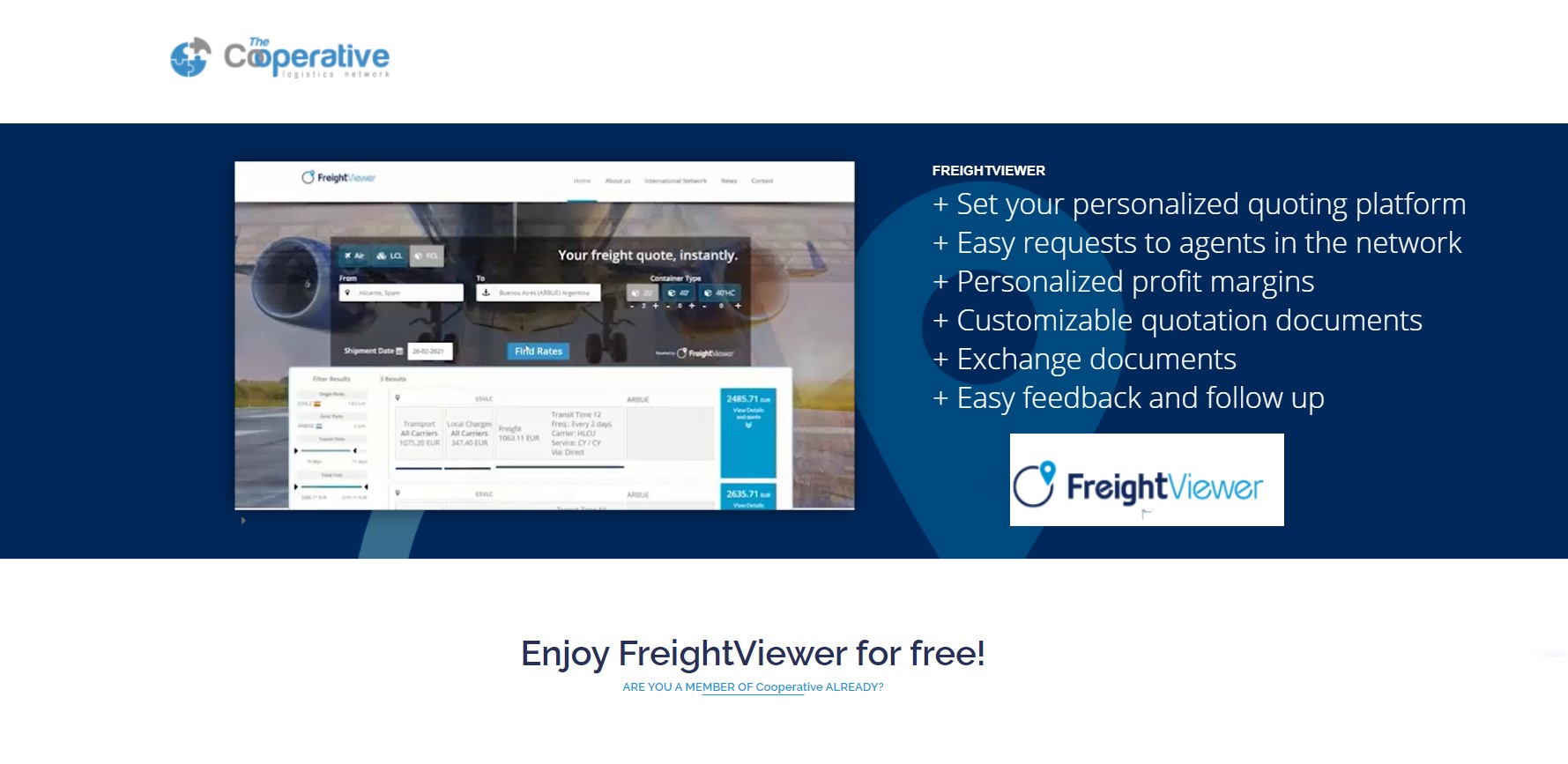The new legal framework for the full digitalisation of the TIR system (the so-called eTIR) enters into force today (25th May 2021), opening eTIR to 77 countries across five continents.
This landmark change will allow for completely paperless cross-border transit of goods, under the customs guarantee of the TIR system.
The eTIR international system (customs to customs) will ensure the secure exchange of data about the international transit of goods, vehicles or containers according to the provisions of the TIR Convention between national customs systems and allow customs to manage the data on guarantees, issued by the guarantee chain to holders authorised to use the TIR system.
The TIR system counts more than 30,000 authorised operators and is accepted at more than 3,500 customs offices worldwide.
For more than 70 years, TIR has made trade faster, easier and more secure. The legal framework for digitalisation – the new Annex 11 of the United Nations TIR Convention – will reinforce and expand TIR benefits for global multimodal trade.
To mark this momentous occasion, a special ceremony was held at the UN in Geneva, hosted by UNECE with 16 ambassadors and dignitaries speaking in support of TIR digitalisation.
Olga Algayerova, UNECE Executive Secretary, said: “The launch of eTIR, the global United Nations border crossing facilitation tool, will further secure the TIR system, making it more efficient and competitive. eTIR will allow paperless and contactless border crossing operations. We have seen how crucial that is during the COVID-19 pandemic. By keeping drivers and customs officers safe, eTIR can be a game changer in ensuring borders can remain open under such emergency situations.”
The TIR system, the UN’s oldest public-private partnership, dates from 1949, when a young IRU, supported by a young UN, began to address the difficulties of moving goods across fragmented borders in post war Europe. IRU is authorised by the Administrative Committee of the TIR Convention (AC.2) to issue and disseminate TIR Carnets as well as to operate the international guarantee system.
Umberto de Pretto, IRU Secretary General, said: “For over 70 years IRU has represented the road transport operators who run the trucks moving goods across borders, having the iconic blue TIR plate on the back of millions of trucks. With the advent of fully paperless TIR, we will now see even more benefits for the transport operators and their clients, the importers and exporters, who are at the heart of global trade.”
The new legal framework for TIR will also bring considerable benefits for customs authorities, particularly with COVID-19 continuing to restrict physical contact between customs officers and drivers at borders.
Osman Beyhan, Chair of the TIR Administrative Committee (AC.2) and Deputy Director General Ministry of Trade Ministry of Trade, Turkey said: “The entry into force of eTIR is a real milestone for us and for all those involved in international trade, logistics and transportation. To my mind, this development is like constructing a high quality, high standard highway for transporters and traders, in order to make their operations as easy and flawless as possible. Most importantly this achievement was made possible thanks to joint efforts by all stakeholders involved in TIR operations, including governments, the private sector, national and international associations.”
Farid Valiyev, Head of Transit Operations Division, State Customs Committee, Azerbaijan said:
“Full digitalisation of the only global transit system provided by the TIR Convention (1975) is a milestone in increasing the effectiveness of customs formalities in international transport. The entry into force of Annex 11 opens a new era for all stakeholders – including customs, economic operators and the trade community – by ensuring smooth and efficient trade.”
Akbar Khodaei, Director Transport Division, Economic Cooperation Organization (ECO Secretariat) said: “We are pleased that ECO member states are at the forefront of the interconnection of their Customs information systems to the eTIR international system. The ECO secretariat fully supports these initiatives and the digitalisation of customs and transport documents, which will further enhance transport and trade facilitation as well as regional economic integration.”
The final legal framework for electronic TIR follows more than a decade of planning, investment and trials with the support of Customs Authorities, TIR associations, and other regional and international bodies.
Azerbaijan, Georgia, Iran (Islamic Republic of), the Republic of Moldova, Pakistan, Tajikistan, Tunisia, Turkey and Uzbekistan, are in the process of interconnecting their customs information systems with the eTIR international system.
Furthermore, on behalf of its member States, the European Union is in the process of finalising a proof of concept to interconnect the European Union’s New Computerized Transit System (NCTS) with the eTIR international system.
The TIR system operates in almost 70 countries and continues to expand. Following Egypt’s accession to the TIR Convention at the end of last year, countries in Africa, Asia and South America continue to proactively move towards the accession and subsequent implementation of the fully paperless system.










